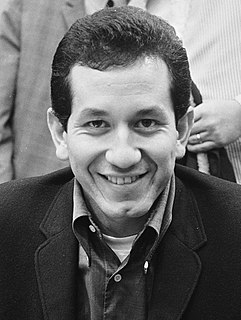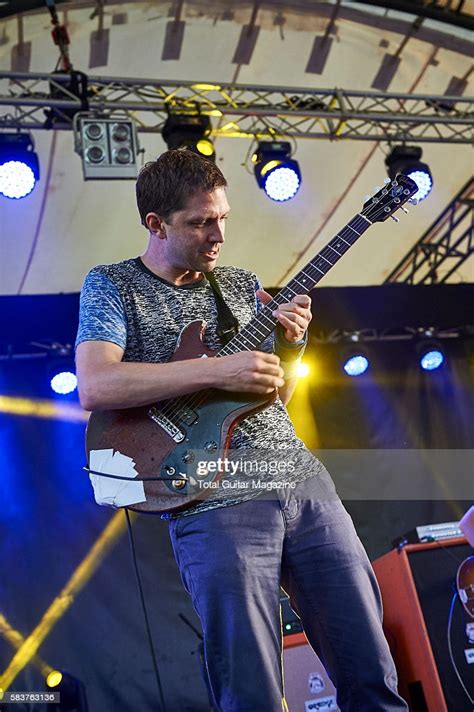A Quote by Walter Cronkite
People who understand music hear sounds that no one else makes when Frank Sinatra sings.
Related Quotes
For some years now, I've been doing a program called "Sinatra Sings Sinatra." It's been going on virtually since the end of '98. Nineteen ninety-eight was the year Frank Sinatra died. ... Now having reached what would have been his 100th year - I decided back in 2013 when we started to put all of this together, I decided what we should do was the first "Sinatra Sings Sinatra" in which we go audio visual.
There is a man up in Philadelphia, I've known him for 50 years now, his name is Sid Mark. He does a radio program featuring Frank Sinatra music exclusively - one show for decades, "Friday with Frank," "Saturday with Sinatra," "Sunday with Sinatra," for decades. This is something that is really quite important.
Frank [Sinatra] sang to you, not at you, like so many pop singers today. Even singers of standards. I never wanted to be a singer that sings at somebody. I've always wanted to sing to somebody. I would have gotten that subliminally from Frank many years ago. Hank Williams did that, too. He sang to you.
One thing is certain: for many of those who came back from WWII, the music of Frank Sinatra was no consolation for their losses. Some had lost friends. Some had lost wives and lovers. All had lost portions of their youth. More important to the Sinatra career the girls started marrying the men who came home. Bobby socks vanished from many closets. The girls who wore them had no need anymore for imaginary lovers; they had husbands. Nothing is more embarrassing to grownups than the passions of adolescence, and for many, Frank Sinatra was the passion.
In the mid-'60s, AM radio, pop radio, was just this incredible thing that played all kinds of music... You could hear Frank Sinatra right into the Yardbirds. The Beatles into Dean Martin. It was this amazing thing, and I miss it, in a way, because music has become so compartmentalized now, but in those days, it was all right in one spot.
I want people to feel what it was like in the '40s. That's when popular music in the United States was so beautiful. Frank Sinatra, the Pied Pipers, Duke Ellington, Fletcher Henderson, Tommy Dorsey, Billie Holiday. That's when popular music had deeper values, to me. This was music that was selling millions of records.






























